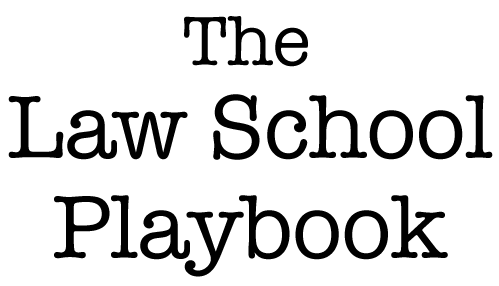Many students I’ve met with recently have inaccurate and incomplete rule statements in their briefs, outlines, or practice exam answers. Students may get by doing this when called on in class, but failing to transcribe accurate and complete rule statements will lead to missed issues and missed opportunities to discuss the facts relevant to those issues on exams. In law school, legal theory and policy are not tested heavily. Generally speaking, you are tested on your ability to reach a well-reasoned conclusion by applying the rule of law to a set of facts. At the heart of this is an accurate and complete rule statement. Thus, the “rule” is not a mere technicality or place marker in your case briefs or exam answers.
On your exams, an effective rule statement can serve as an outline, or checklist of items, for an essay answer. To use a negligence case as an example, the rule might require the plaintiff to prove that: (1) the defendant owed her a duty which it breached; (2) the breach caused the plaintiff’s harm; and (3) plaintiff’s own negligence did not entirely exculpate the defendant. Students may, for example, exclude the last item (comparative fault) from their rule. If this were an exam and those students were using their rule statement as a checklist for their answer, they’d have missed one third of the points.
Many students ask: How do I know if I am formulating proper rule statements? Some rules are straightforward in that they can be taken directly from the text of a case. Others require more thinking and are formulated in your own words after a synthesis of several cases. This is a new skill that gets easier with practice. The class discussion should confirm whether the rule you have crafted is proper. As I say often in individualized feedback, this is why it is critically important for you to revisit your briefs and notes after class to correct where your thoughts were wrong or incomplete. Don’t tell yourself you that you will remember, for instance, that you missed sub-issue 3. You won’t. Hence, keep working toward creating complete rule statements and, when confused on issue of doctrine, consult your doctrinal professor. I am always happy to discuss the skills piece!
